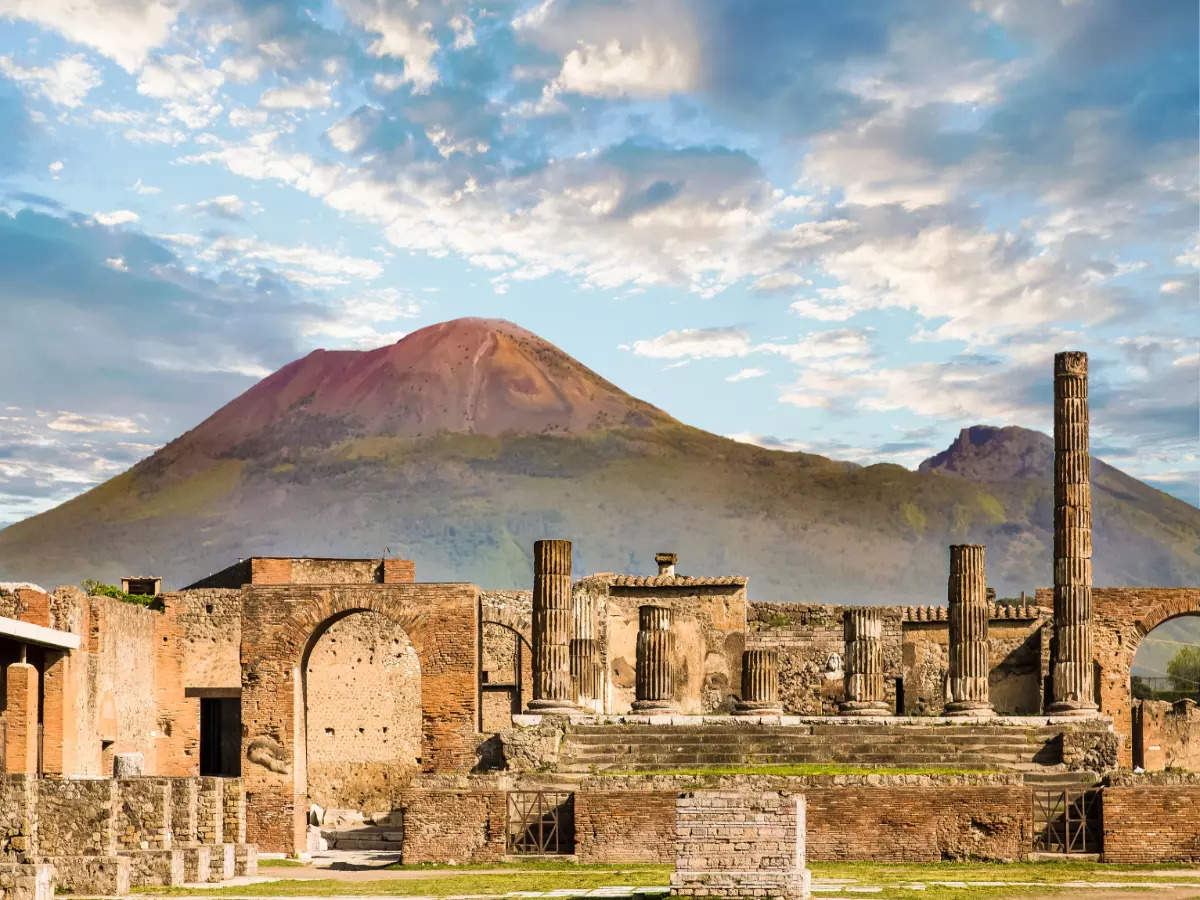Year 11 Classical Studies (Ancient History)
Course Description
Teacher in Charge: Ms R. Lantsbery.
Classical Studies (Ancient History) learns skills through the study of ancient civilizations such as Ancient Greece, Ancient Rome, the Egyptians and a range of other cultures (Aztecs, Vikings etc.)
By exploring their social life, mythology, legends, art, history, literature and religion students learn how people of the past lived and how the past continues to influence the present. This course contains one internal History Achievement Standard.
• Skills
There are a range of skills taught and practiced throughout this course. These skills are transferable to other courses and areas. They include:
- Identifying patterns, similarities and differences.
- Communicating knowledge through a variety of visual, verbal and written media.
- Writing skills and the ability to communicate clearly.
- Research and analytical skills.
• Society and your place in the world.
Where would you fit into the ancient world? What was the life of a slave like? Why would it be better to be a woman in Sparta rather than in Ancient Athens? How did different cultures organize their societies? Who had power and influence and what determined that? We will be looking at a number of societies throughout the year.



• Myths, Monsters and Heroes.
You will look at a range of gods and engage in comparative mythology to find similarities and differences between ancient cultures. Secondly, we will examine a number of famous heroes from Norse, Maori and Ancient Greek cultures and how the idea of a hero has changed from the ancient to the modern world. We will extend our study of a hero or god by looking at how his story has been shown through film in the modern era. You will also have the opportunity to look at a culture of your choice.



• A blast from the past
The ancient world had many famous disasters with examples including the eruptions of Tarawera and Mt Vesuvius. We will look at how these disasters unfolded, their impacts and what the buried city of Pompeii reveals about Roman culture.


• Let me entertain you...
Twelve-course meals with roasted dormice, anyone? Bathing with 5000 other people? Leaping over raging bulls? Tragic plays that make you cry and comedy that makes you laugh? Sports with swords and wild animals. Looking at entertainment is a fascinating way of exploring the social structure and the values of different cultures through to the modern era.



• Till death do us part...
Death rituals reveal a lot about different cultures. We will be exploring how different cultures deal with death, honoring their lost ones and their ideas/philosophies around what happens after you pass on. We will look at aspects such as Ancient Egyptian and Maori rituals, Viking ship burials, Mycenaean tombs, and the Greek and the Egyptian underworld.



Recommended Prior Learning
Open Entry
Pathway
Assessment Information
This course contains one internal Achievement Standard.Credit Information
You will be assessed in this course through all or a selection of the standards listed below.
External
NZQA Info
History 1.2 - Demonstrate understanding of the significance of a historical context
 Hutt Valley High School
Hutt Valley High School